Packages
Early Production Facility
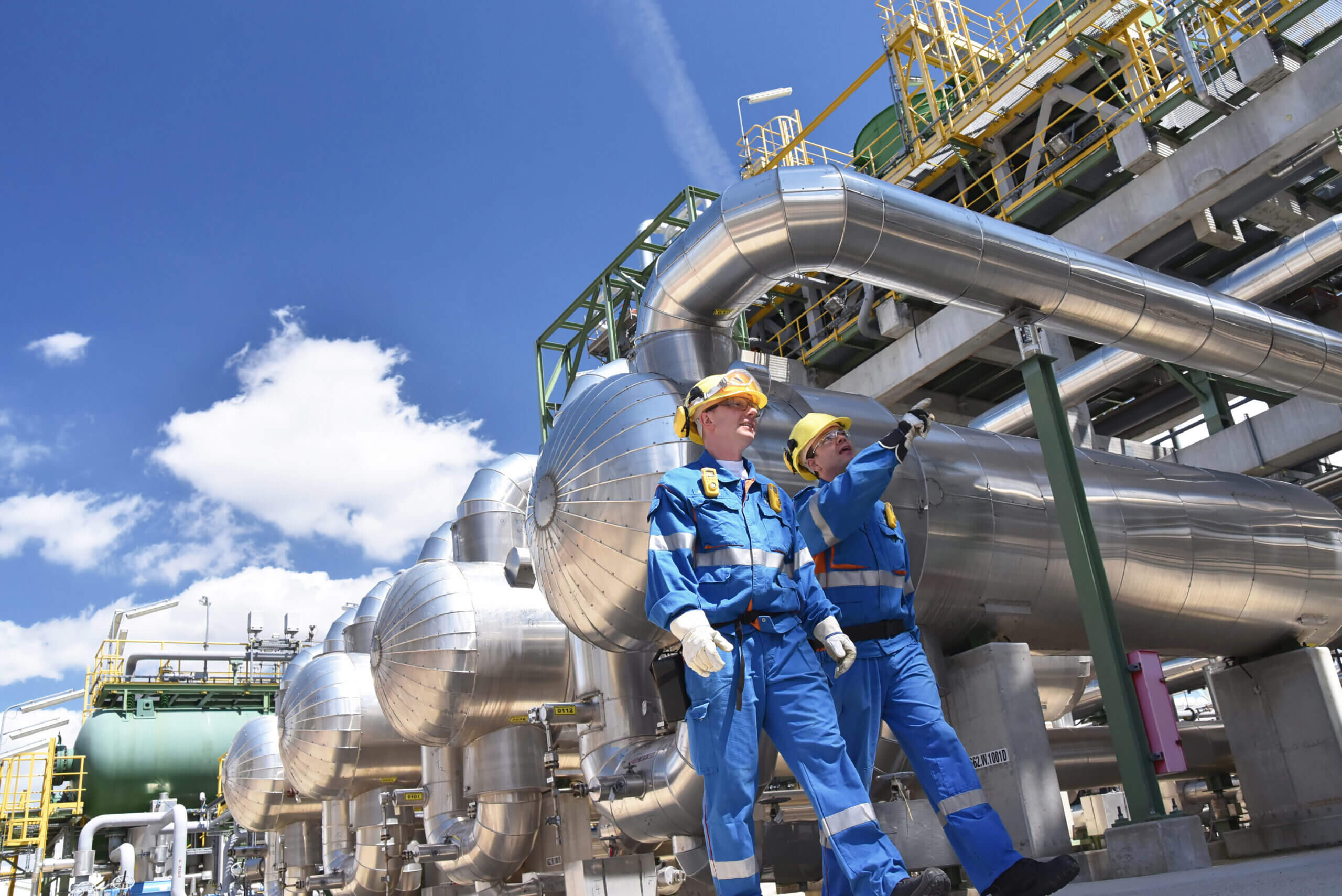
Multitex offers, under a single roof, for the end-users and drilling/service companies, many surface-unit operations packages as stand-alone or in an integrated approach on short deliveries. These packages are used for successful implementation of the Field Development Plans’ targets defined by the end-users or the Government and thereby maximizing their asset value.
Evaluate the performance of the well and then based on results, lead to final field development of full-scale production stages and also create Return on Investment from marginal fields or new field developments. End-users need reliable partners with a sound understanding of the process packages and an understanding of the crude assays and gas compositions and its PVT analysis.
Multitex, as a reliable partner, offers not only the best technology meeting the sales specification but also meets the challenging timelines with newly built process package kits in Modular construction to end-users. Multitex’s experienced procurement, expediting, and logistics team can further enhance the value by their global reach and expertise to deliver the products on time to remote locations.
As part of our solutions for Early Production Facilities, the following are included – Gas Processing, Wet Crude Treatment, and Degassing Stations from Sweet to Very Sour applications. The facilities development is approached in a way such that it should be plug and play and take minimum time for installation and production start.
Typically, Oil Treatment EPF facilities will include but not limited to:
Prefabricated, modular design built trains with all process equipment like manifolds, exchangers, separators, Fired Heaters, Crude Sweetening Stabilizer, compressors, Gas treatment, Storage Tanks, Truck Loading Stations, Power Generation, Nitrogen System, Chemical injection, Flare, Instrument Air System, Fire Water System, Launcher and Receivers and MCC and Electrical distribution system, Flowlines, and Trunklines.
As part of our solutions for Early Production Facilities, the following are included – Gas Processing, Wet Crude Treatment, and Degassing Stations from Sweet to Very Sour applications. The facilities development is approached in a way such that it should be plug and play and take minimum time for installation and production start.
Typically, Oil Treatment EPF facilities will include but not limited to:
Prefabricated, modular design built trains with all process equipment like manifolds, exchangers, separators, Fired Heaters, Crude Sweetening Stabilizer, compressors, Gas treatment, Storage Tanks, Truck Loading Stations, Power Generation, Nitrogen System, Chemical injection, Flare, Instrument Air System, Fire Water System, Launcher and Receivers and MCC and Electrical distribution system, Flowlines, and Trunklines.
Integrated Gas Processing Units
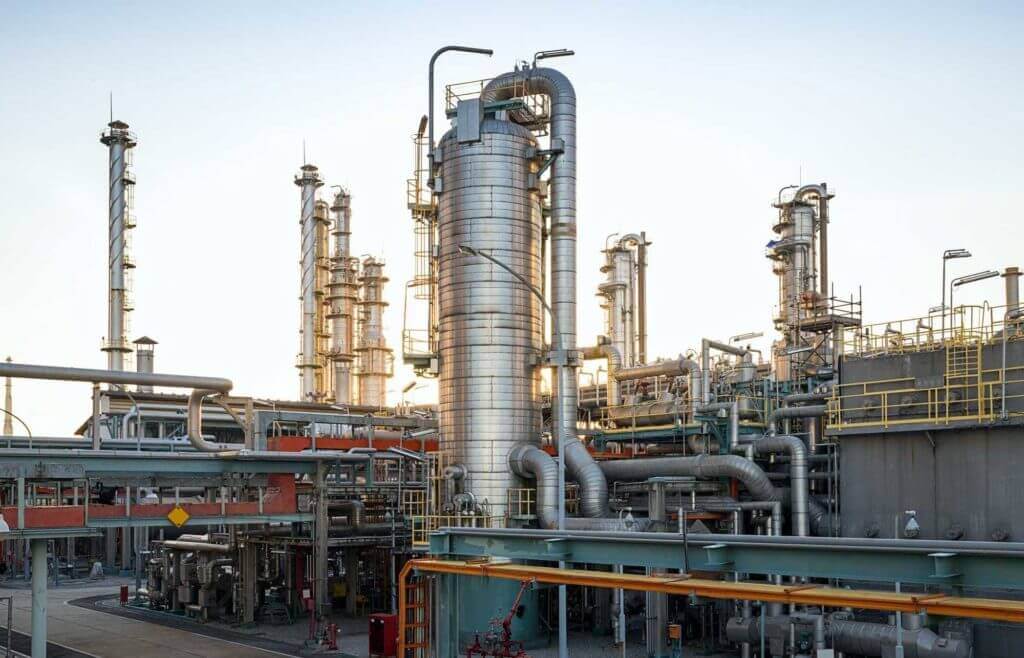
Natural Gas coming from the well contains hydrocarbons (as methane, ethane, propane, butane, and any heavier hydrocarbon), CO2, H2S, and water together with many other impurities that can have harmful effects like corrosion of pipes and hydrate formation during processing. The Gas becomes saturated with water vapour, and the treatment of natural Gas is required to make it suitable for various applications. As expected, natural Gas contains impurities and water before arrival at the gas processing plant. The gas conditioning (Field Separation, Gas Sweetening, and Gas Dehydration) will be required to remove unwanted impurities and water to prevent corrosiveness and hydrate formation in the plant. Multitex offers as a single point from Gas Wells to Power Plant, an Integrated solution to end-users, which is not limited to the core process ISBL scope.
As an ISBL core process scope under Gas Processing Multitex offers
- Slug Catcher
- Gas Sweetening & Acid Gas Removal System
- Gas Dehydration
- NGL & C5+ Recovery and Stabilization
- PSA Absorbers and Modular Skids for Hydrogen purification (Process License by others)
- Gas Recovery Plus (Process License by others)
- Sulphur Recovery Units (Process License by others)
- Merox Skids (Process License by others)
As an OSBL scope, we offer integrated approach solutions along with ISBL scope, the following:
- Utilities: LP Fuel Gas Supply, Inlet Coalescers, Instrument Air, Nitrogen, Flare, Flare KOD’s, GTG, Closed and Open Drain System, Produced Water Treatment, Fire Fighting systems, Chemical Injection Skids, Sample coolers
- Online Analyzers / Chromatographs along with Sample Coolers and Collection Bottles with Calibrated Gases
- Loading and Unloading Stations with Loading Arms and Fiscal Metering
- Solvents with Guarantees, Chemicals, Thermic Oil and Lube Oil for Rotating Equipment.
- Recycle Gas Compression
- Modular Pipe Racks in bolted configurations
- DCS/ Scada System along with SIS / ESD SIL3 rated Controls (Rockwell, Simatic, Delta V SIS, Fire and Gas Detection Systems.
- Electrical Systems: LV/MV Switchgear Panels, IPR panels, Containerized E-Rooms, Transformers, Electrical Poles, and Plant Lighting
- Civil Design and Site Construction for critical foundations and Control Room Architecture
- Safety Studies
- Inlet Manifolds with Choke and SDV’s
- Flow Lines and Trunklines and induction bends and anchor blocks design along with transient slug analysis.
- Bi-Directional Launcher and Receivers along with Insulating joints and Barred Tees.
- Acid Gas Injection Packages in collaboration with leading OEM’s
- Storage Tanks
Gas Sweetening Package
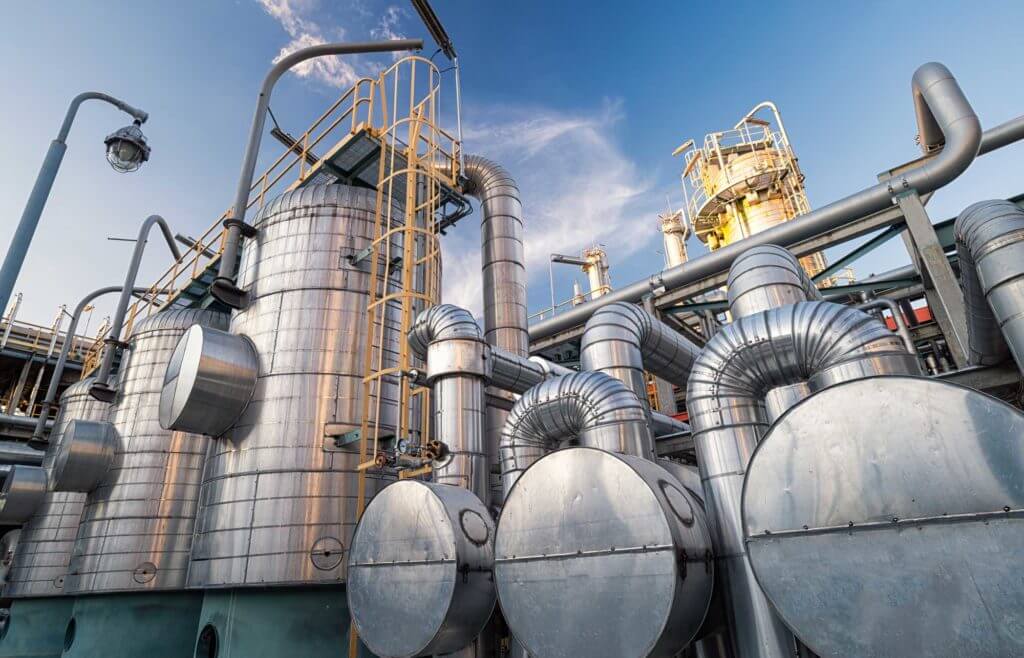
Gas Sweetening Means Removing Acid Gas (H2S along with CO2) From Natural sour Gas Stream.
Multitex chooses a process technology for Natural Gas Sweetening –
Multitex chooses a process technology for Natural Gas Sweetening –
- Type of impurities to be removed from the sour Gas
- Inlet and outlet acid gas concentrations
- Gas flow rate, temperature, and pressure
- Presence of heavy aromatic in the Gas
- Environmental consideration
- Relative economics.
Multitex offers a wide range of gas-sweetening systems and solutions. Being a technology and independent supplier, we always strive to select the best possible solutions. This broad-spectrum and our extensive expertise enable us to recommend the most suitable solution or combination for every specific requirement.
All Multitex systems, including Liquid-Desiccant gas sweetening by “Chemical Absorption” being based on alkanolamine products (MEA, DGA, DEA, DIPA, and MDEA), Solid-Desiccant Molecular Sieve or Solid Bed Scavenger technology by “Physical Adsorption”, is based on 4A, 5A or 13 X.We, can be manufactured to Client’s specific specifications and requirements.
All Multitex systems, including Liquid-Desiccant gas sweetening by “Chemical Absorption” being based on alkanolamine products (MEA, DGA, DEA, DIPA, and MDEA), Solid-Desiccant Molecular Sieve or Solid Bed Scavenger technology by “Physical Adsorption”, is based on 4A, 5A or 13 X.We, can be manufactured to Client’s specific specifications and requirements.
Gas Dehydration Unit Package
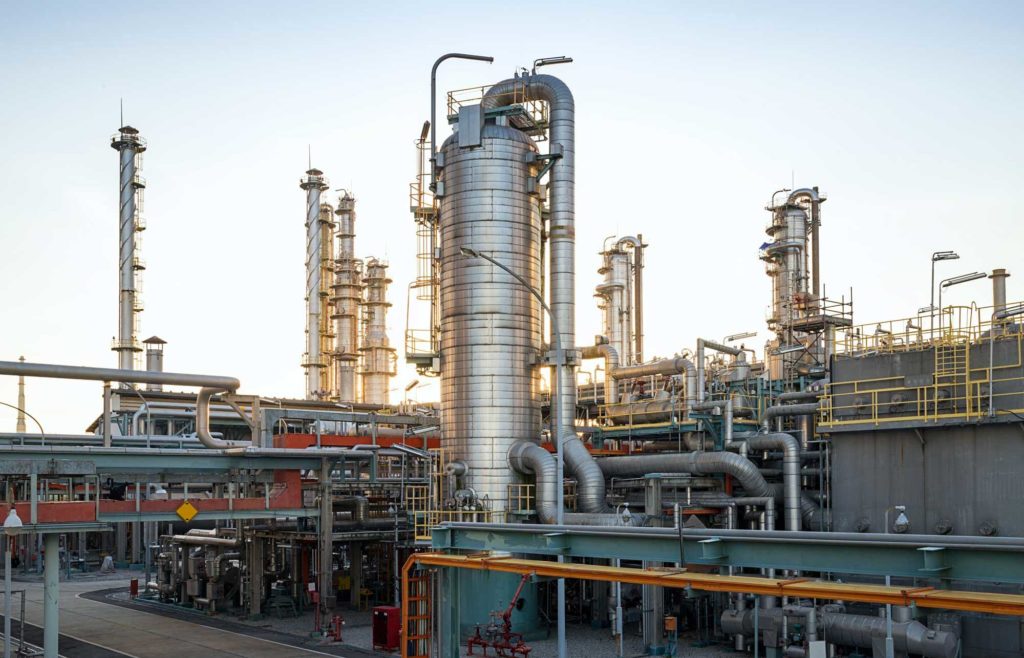
Natural Gas contains many contaminants, of which, the most common undesirable impurity is water. During the production, changes in pressure and temperature will make natural Gas reach near-water saturation and that water should be removed to avoid problems. The process that involves removing all the water content in the natural Gas is known as the dehydration process. ” Dehydration Means Removes Water Vapor from Natural Treated Gas Stream”. The dehydration process is needed to reduce the potential for corrosion in the presence of acid gas, hydrate formation, and freezing in the pipeline stream. Water is also removed to meet a water dew point requirement of a sales gas contract specification range from 32.8 to 117 kg/ MMscm.
Multitex offers a wide range of products for the treatment of gases. We specialize in the following gas treatment packages for the removal of entrained and dissolved water along with CO2.
Multitex offers a wide range of products for the treatment of gases. We specialize in the following gas treatment packages for the removal of entrained and dissolved water along with CO2.
- Liquid-Desiccant Dehydration by "Absorption" is; mono-ethylene glycol (MEG), di-ethylene glycol (DEG), tri-ethylene glycol (TEG), and tetra-ethylene glycol (TREG)
- Solid-Desiccant Dehydration by " Adsorption" is; on mole sieve, on a silica gel, or alumina.
Enhanced Glycol, TEG process Technology – Multitex has improved regeneration technology that can produce higher glycol concentration to be used to further lower the water dew point of the treated Gas beyond that of the conventional TEG dehydration process; by Conventional reboiler, by Stripping Gas, and by DRIZ process.
Optimized Energy Consumption – Our TEG-based gas dehydration systems typically include efficient, energy-saving technology such as heat exchangers and the re-use of flash gas for stripping to the improvement of lean TEG concentration. Besides, a good balance between the number of trays, packing height, glycol purity, and glycol amount allows you to benefit from minimized utility consumption levels.
Low Foaming, No required PH Control Foaming due to condensation of hydrocarbons usually causes glycol loss as well as reduced plant capacity. Our systems are designed to stop heavier hydrocarbons from condensing and forming foam at the top of the structured packing, thus minimizing glycol loss.
Multitex systems are also carefully designed to operate at a low skin temperature of the re-boiler heater bundle to prevent unwanted glycol degradation. This design feature eliminates the need to use chemicals to control fluctuations in system pH associated with the degradation of glycol.
Optimized Energy Consumption – Our TEG-based gas dehydration systems typically include efficient, energy-saving technology such as heat exchangers and the re-use of flash gas for stripping to the improvement of lean TEG concentration. Besides, a good balance between the number of trays, packing height, glycol purity, and glycol amount allows you to benefit from minimized utility consumption levels.
Low Foaming, No required PH Control Foaming due to condensation of hydrocarbons usually causes glycol loss as well as reduced plant capacity. Our systems are designed to stop heavier hydrocarbons from condensing and forming foam at the top of the structured packing, thus minimizing glycol loss.
Multitex systems are also carefully designed to operate at a low skin temperature of the re-boiler heater bundle to prevent unwanted glycol degradation. This design feature eliminates the need to use chemicals to control fluctuations in system pH associated with the degradation of glycol.
Hydrocarbon Dew Point
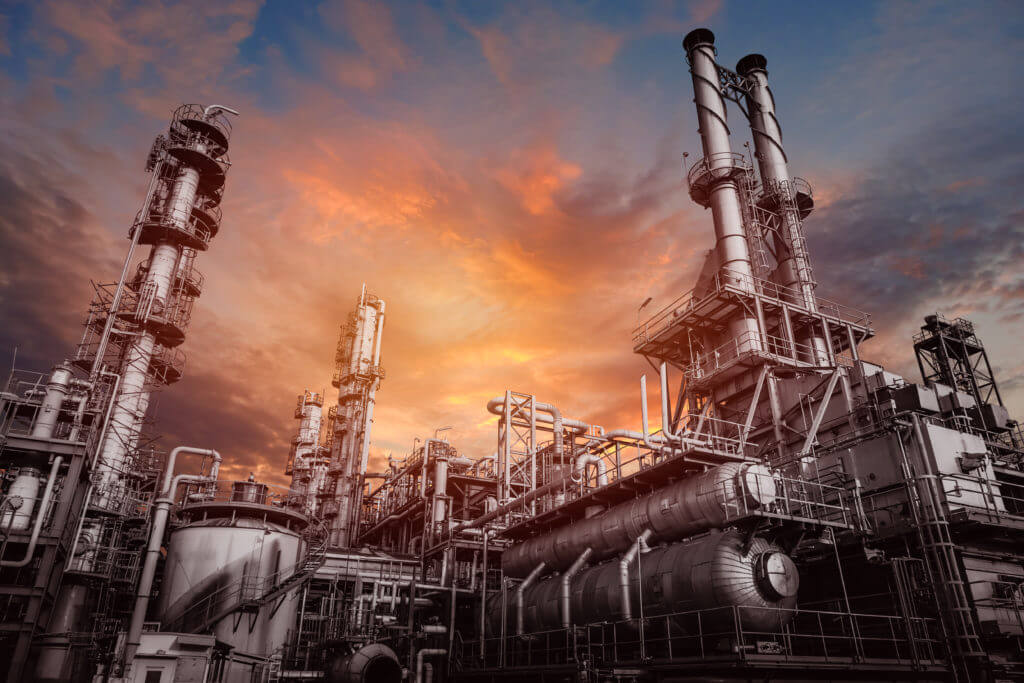
Depending on the required dew point depression for multiple components, Multitex can provide a Low-Temperature Separation.
If raw Gas is high pressure, the removal of hydrocarbon can be accomplished by refrigeration obtain through the expansion of Gas through a Joule – Thomson valve or Silica Gel-based; that can adsorb heavy hydrocarbons. The system is set up in multiple beds cycling in short operating cycles of adsorption, desorption, of approximately 20 minutes. This method was well used in the 60s and early 70s and was gradually abandoned.
Recently, new adsorption materials are making this method economically attractive for certain project applications. Dew Point Control package, or even a combination of the aforementioned technologies. Each of these technologies has its specific advantages and limitations. Multitex always endeavors to find the right balance between CAPEX and OPEX.
If raw Gas is high pressure, the removal of hydrocarbon can be accomplished by refrigeration obtain through the expansion of Gas through a Joule – Thomson valve or Silica Gel-based; that can adsorb heavy hydrocarbons. The system is set up in multiple beds cycling in short operating cycles of adsorption, desorption, of approximately 20 minutes. This method was well used in the 60s and early 70s and was gradually abandoned.
Recently, new adsorption materials are making this method economically attractive for certain project applications. Dew Point Control package, or even a combination of the aforementioned technologies. Each of these technologies has its specific advantages and limitations. Multitex always endeavors to find the right balance between CAPEX and OPEX.